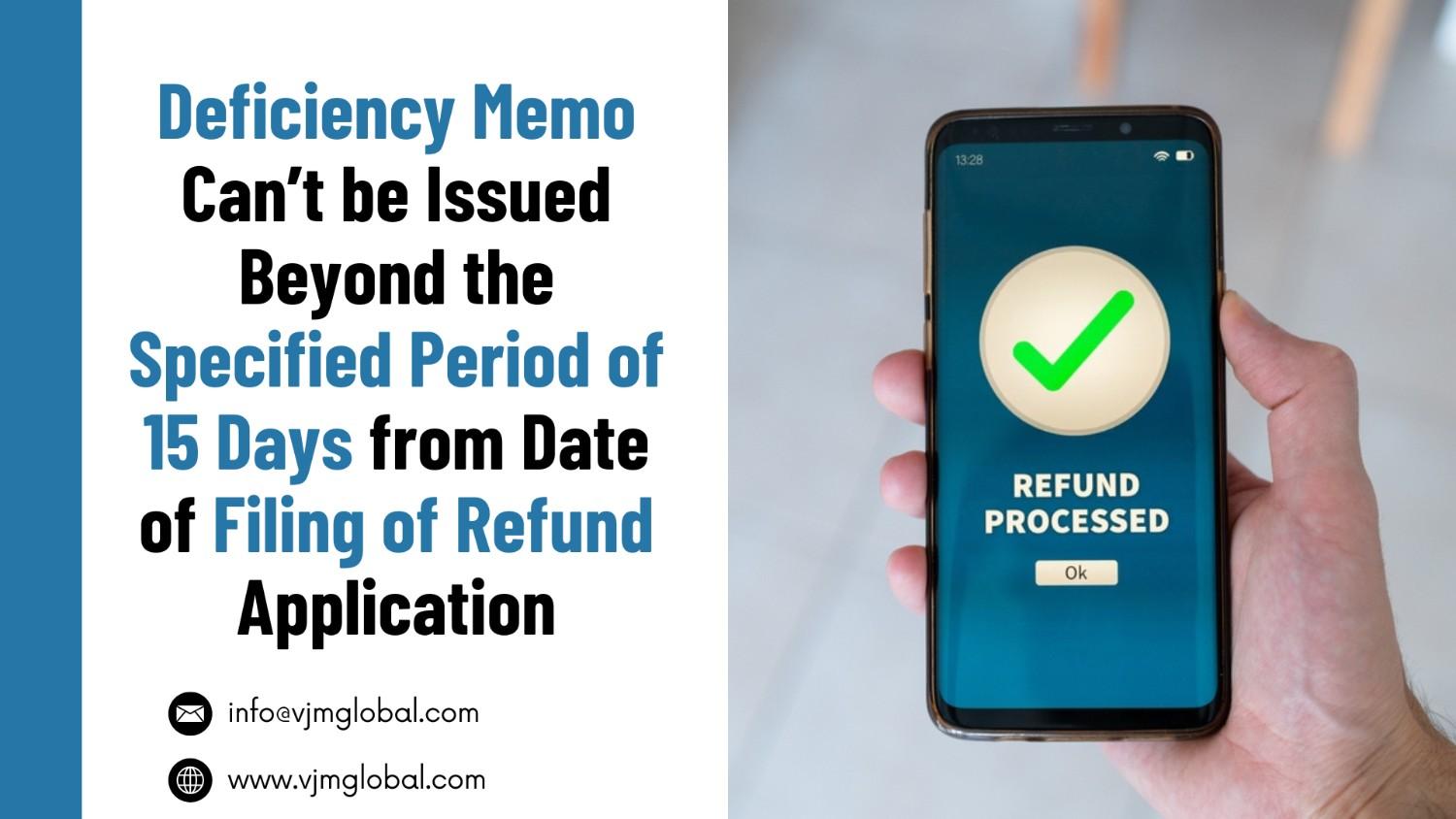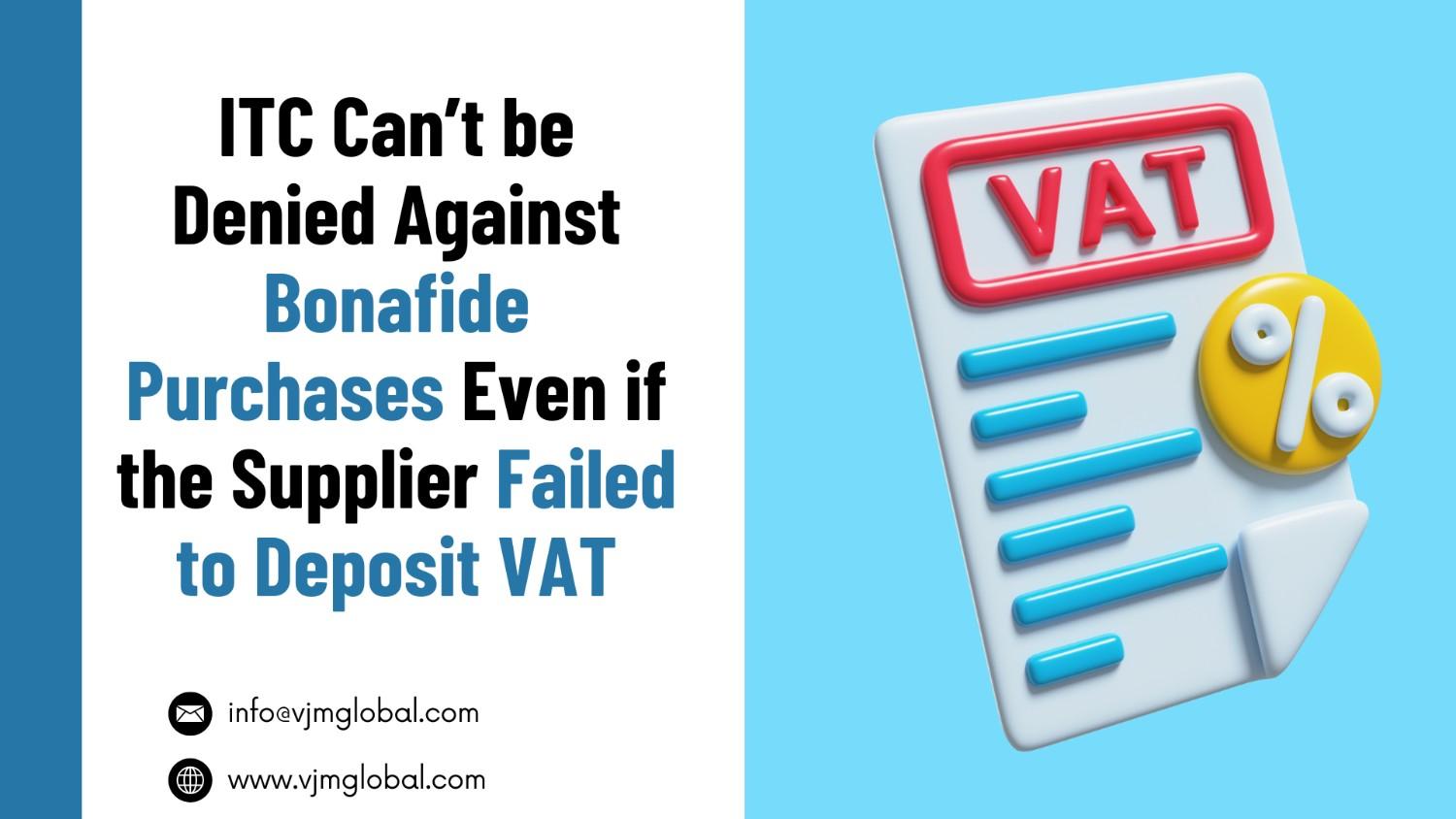56th GST Council Meeting held on 3rd September, 2025 under the chairmanship of Hon’ble Union Finance and Corporate Affairs Minister. The GST Council meeting presented a “Next Generation GST Reforms” to enhance the quality of life of every citizen. The Council has recommended rationalization of the 4-tiered tax rate structure into a citizen-friendly “Simple Tax”. The GST shall be charged on a standard rate of 18% and a merit rate of 5% with an exceptional rate of 40% on certain luxury and sin goods.
The Recommendations of the GST Council included:
- Changes in GST rates of Goods and Services;
- Various initiatives aimed at facilitating trade
This article discussed the initiatives provided by the GST Council to facilitate trade:
1. Registration Related Recommendations:
a. Simplified GST Registration for Small and Low-Risk Businesses:
- The council has recommended the introduction of an optional simplified GST registration scheme.
- Under such a scheme, the GST registration shall be granted on an automated basis within 3 working days from the date of submission of the application.
- Such benefit shall be available to low-risk applicants and applicants who determine (as per their own assessment) that their output tax liability on supplies to registered persons will not exceed Rs. 2.5 lakh per month (inclusive of CGST, SGST/UTGST and IGST).
- The scheme will provide for voluntary opting into and withdrawal from the scheme and shall come into operation from 1 November 2025.
b. Simplified Registration Scheme for small suppliers supplying through electronic commerce operators:
- Presently supplier supplying through an e-commerce operator is required to obtain a virtual or non-operational space in every state where GST registration is required as PPOB.
- The Council has proposed to simplify the concept of the GST registration mechanism for small suppliers making supplies through e-commerce operators (ECOs).
- Currently, Suppliers supplying across multiple States are facing challenges in maintaining a principal place of business in each State.
- The detailed modalities for operationalizing such a scheme will be placed before the GST Council.
Read Also: Understanding GST Number: Meaning and Format Explained
2. Operationalization of the Goods and Services Tax Appellate Tribunal (GSTAT)
- The Goods and Services Tax Appellate Tribunal (GSTAT) will be made operational for accepting appeals before the end of September and will commence hearing before the end of December this year.
- Further, 30th June, 2026, shall be the limitation of filing of backlog appeals.
- The Principal Bench of the GSTAT will also serve as the National Appellate Authority for Advance Ruling.
3. Recommendations related to GST refund
a. Sanction of 90% risk-based provisional refund:
- To enhance the liquidity of the business, the GST Council has recommended an amendment in rule 91(2) of the CGST Rules, 2017, to provide for the sanction of 90% of the refund claimed as a provisional refund.
- Such a refund shall be granted post-identification and evaluation of risk by the system.
- However, instead of granting a refund on a provisional basis, the proper officer may proceed with the detailed scrutiny of the refund claim after recording the reasons for the same in writing.
- The category of persons shall be notified to whom refund shall not be granted on a provisional basis.
- This provision shall be operationalised from 1st November 2025.
b. Risk-Based Provisional Sanction of refunds arising out of inverted duty structure (IDS):
- Similar to a rated supply, the Council has recommended a sanction of 90% of the refund claimed on a provisional basis, in cases arising out of an inverted duty structure.
- The provisions refund shall be granted on the basis of identification and evaluation of risk by the system.
- This recommendation shall become operational from 1st November 2025.
c. Refund in respect of low-value export consignments:
- The GST Council has recommended removing the threshold limit for refunds arising out of exports made with payment of tax.
- This will particularly help small exporters making exports through courier, postal, etc.
4. Amendment in place of supply for intermediary services:
- Presently, as per Section 13(8)(b) of IGST Act, 2017, the place of supply for intermediary services, where either the location of the supplier of service or the recipient of service is outside India, is the location of the Supplier of services.
- Therefore, the supply of intermediary services outside India does not qualify as “Export of Services” and therefore is not eligible for export Benefits.
- The GST Council has recommended the omission of section 13(8)(b) of the IGST Act 2017.
- Accordingly, post such amendment, the place of supply for “intermediary services” shall be the location of the recipient of such services.
- Therefore, the Indian exporters of such services shall be eligible to claim export benefits.
5. Amendment with respect to Post Sale Discount:
- As per Section 15(3)(b)(i) of the CGST Act, 2017, the value of supply shall not include a discount if such discount is established in terms of an agreement entered into at or before the time of such supply and specifically linked to relevant invoices.
- Therefore, discounts provided without specific linking to the invoices were not allowed to be reduced from the taxable value.
- The GST Council has recommended omitting section 15(3)(b)(i) of the CGST Act, 2017, thereby omitting the requirement of establishing the discount with relevant invoices.
- The discount should be granted through a credit note issued under section 34 of the CGST Act, and the corresponding ITC must be reversed by the recipient where the value of supply is reduced through a GST Credit note.
- Accordingly, circular No.212/6/2024-GST dated 26 June 2024, which provided a mechanism ensuring compliance with the conditions of Section 15(3)(b)(ii) of the CGST Act, 2017, is rescinded.
6. Issuance circular on certain issues on Post Sale Discount:
To remove ambiguity and legal disputes, the GST Council has recommended providing clarification with respect to the following issues on Post Sale Discount:
- non-reversal of ITC on account of post-sale discount through financial/ commercial credit note;
- treatment of the post-sale discount provided by the manufacturer to the dealer as additional consideration, in the transaction between the dealer and end-customer;
- treatment of post-sale discount as consideration instead of promotional activities, etc., performed by the dealer
Conclusion:
Post income tax benefits provided to the common man, such as favourable changes in GST provisions and reduced GST rates, are expected to strengthen the economic growth in the country by strengthening the domestic demand. Most of the above-mentioned recommendations do not require detailed circulars to ensure uniform implementation of such recommendations.













